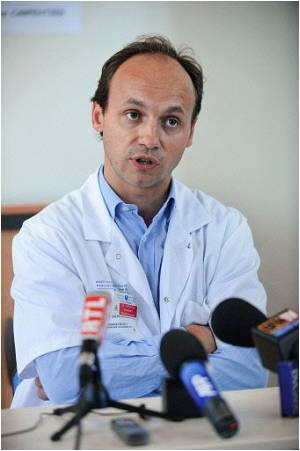
The scientists, based at Newcastle University and The Institute of Cancer Research (ICR), looked at biopsies from the relapsed tumours of 29 patients. They found a range of changes that only appeared when the disease returned and were responsible for the cancer becoming more aggressive.
One particular combination of two genetic faults was common among a number of different subtypes, accounting for a very aggressive form of the disease.
The researchers then looked for ways to treat relapsed medulloblastomas in mice and were able to slow the growth of the tumour with an experimental drug that targets one of the faults.
Professor Steve Clifford, joint lead researcher based at Newcastle University, said: "Our study shows that we need to understand and treat relapsed medulloblastoma in a completely new way. It's clear that new biopsies need to be taken when the disease returns to give doctors a clearer picture of the best and most appropriate treatment."
Around 60-70 percent of children survive medulloblastoma, but for those patients who relapse the chance of survival is less than five percent.
Advertisement
"To personalise treatment to those who might benefit, doctors will need access to tumour samples as soon as children develop relapsed disease. Tumour biopsies are not routinely taken in these situations currently - and that will have to change before we can match the best treatments to the children who desperately need them."
Advertisement
Source-Eurekalert















